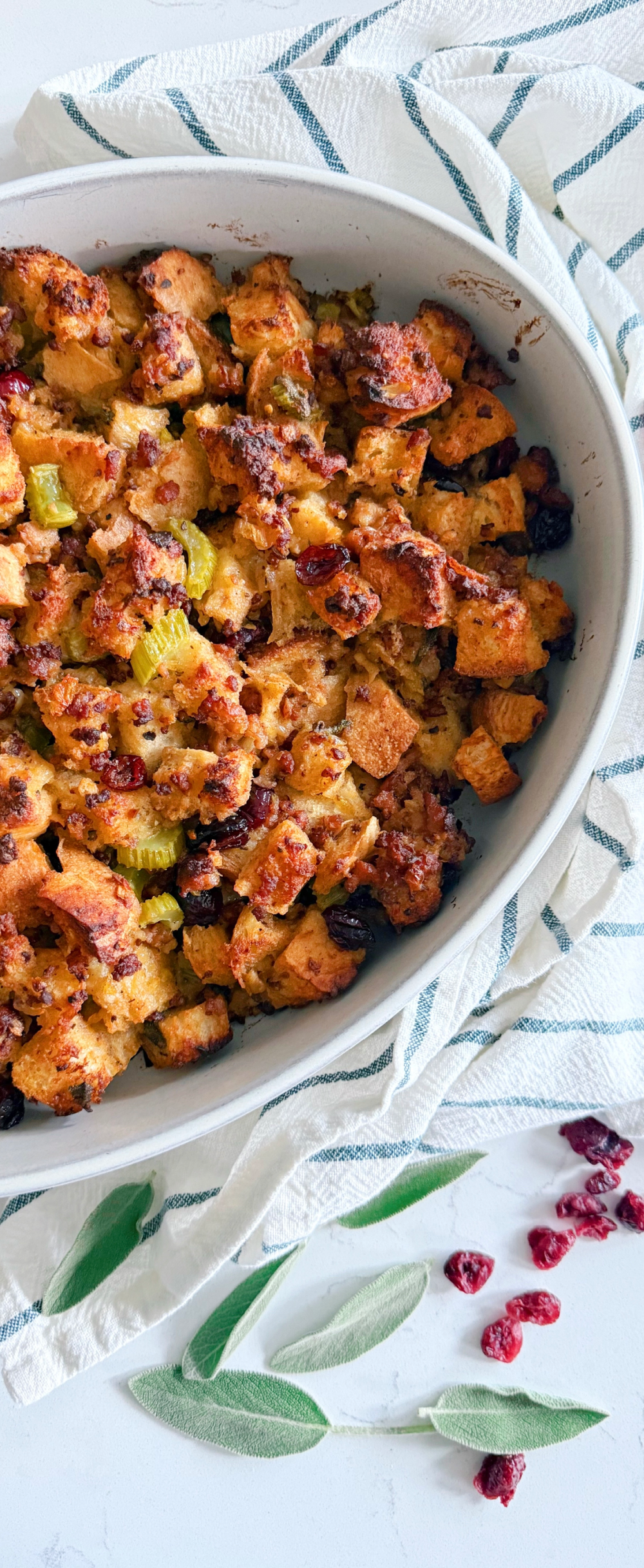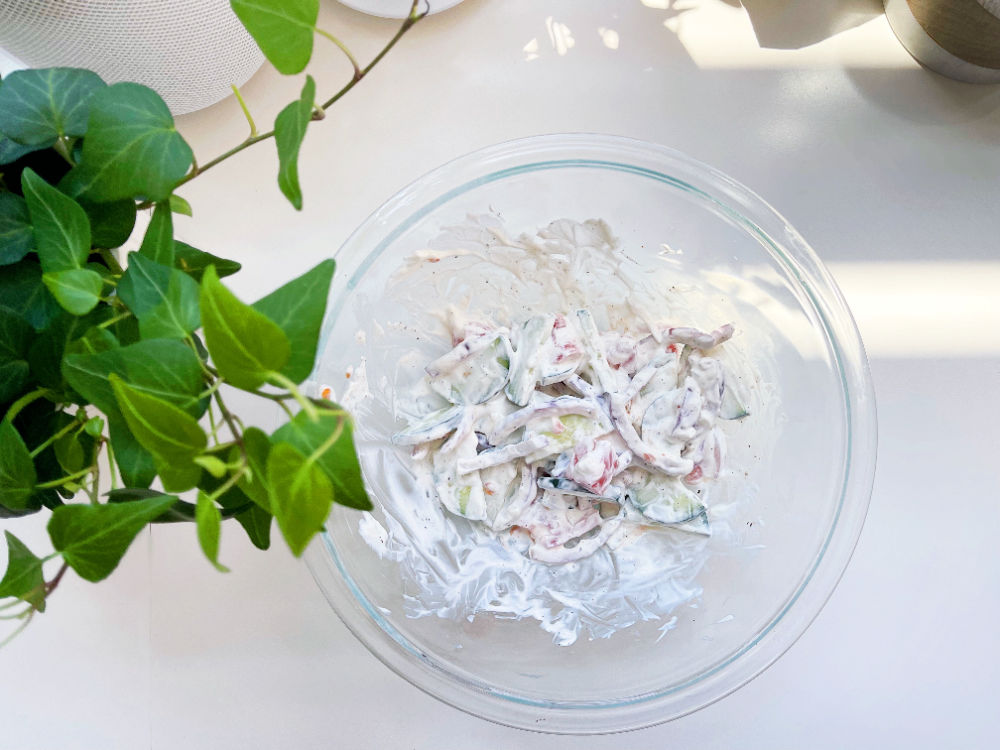It is such an honor to have my beautiful friend, and author, Bekah DiFelice, over to my blog today. Her new book, Almost There: Searching for Home in a Life on the Move, is filled with wisdom, wit and stories that had me turning page after page. Her book is not just for people who are physically on the move. It’s for any of us that have ever felt that longing for true home. Pull out at a seat at the table, friends. This post is from Bekah to you!
Cooking does not come naturally to me, though I wish it did. It’s not that I hate cooking, necessarily. But I don’t marvel at the sizzle of the pan or find it relaxing to run a knife through a cutting board at the end of a long day. The thing I do care about, though, is the kitchen table. I love that it acts as the epicenter of the home whether you use it to serve gourmet meals or fold laundry on top of it. I love gatherings of people.
Also, I love not being hungry.

The symbolic nature of the table matters a lot to me and, as such, I convinced my husband a few years ago that we should build our own. I mean what does it require, really? A few nails, wood, and some good, old-fashioned inexperience? Pinterest had convinced me that such a project would save hundreds of dollars and require minimal effort.
Please, let the record show: Pinterest is a liar.
After much work and the inevitable marital infighting, we finally finished the table only to realize it was not the family heirloom I imagined it to be. We had built ourselves a rickety table. It swayed so much, in fact, that I worried I could only serve soft-textured foods upon its surface since the sawing motion of a fork and knife would surely cause its demise.
But we had put so much work into this table that I refused to throw it away or purchase something better. So, it came with us on our move to San Diego and sat in the center of our tiny urban apartment. At every shared meal, I warned Southern California guests that we were not experiencing “the Big One” earthquake, but rather the table swayed to the ebb and flow of natural human breathing.
Soon enough, we learned to love this table and its specific sense of character (a.k.a its blatant imperfection). It became a centerpiece of home just as we hoped it would be. In three years, we gathered friends and family around this table with regularity and it never once collapsed. We took this as a credit to our craftsmanship.

More than that, I loved this table for the way its fragility prompted the realization that having people at your table doesn’t have to be the picture of perfection. You don’t even have to be an exquisite chef. In that little apartment around that rickety table, I found that if I could stop apologizing for the flimsy nature of our table, maybe I could also stop apologizing for the caliber of food served over it. Or how put together my house was. Or whether or not I had washed my hair recently.
Maybe I could break the habit of auditioning for guests rather than simply enjoying them. And isn’t this the whole point of inviting people around a table? To enjoy them unselfconsciously?
We are all a little rickety, after all. And don’t you find it endearing when someone else is shamelessly forthcoming with their ricketiness? Isn’t it a relief to know you’re not the only one?
What a gift it is to have a friend who leaves her unfolded laundry unattended on the couch when you stop by or to hear an honest reply to the ‘how are you?’ question.

I believe we come to the table to serve and love each other well, to fill and be filled, to become acquainted in a deep and authentic way. Around the table, we tell stories and relay histories and intertwine ourselves to one another by way of conversation that only happens with elbows brushing and glasses clinking. We feast on the food, but also we feast on companionship. Both are filling. Both are important.
We all crave authenticity, especially around the table. And any reminder that human connection is the ultimate goal is a welcome one, at least for me. Our vulnerabilities are intended as connective tissue. Just as a rickety table is best braced with bodies around it.


Bekah DiFelice loves strong coffee, her home state of Colorado, and turning strangers into friends. She’s a wife, mom, and writer. Her book Almost There is a story of searching for home in a life on the move. With imaginative storytelling and witty, relatable prose, Bekah DiFelice offers wisdom for those struggling to belong in a world where home is constantly shifting.
Buy her book, Almost There, today!




View comments
+ Leave a comment